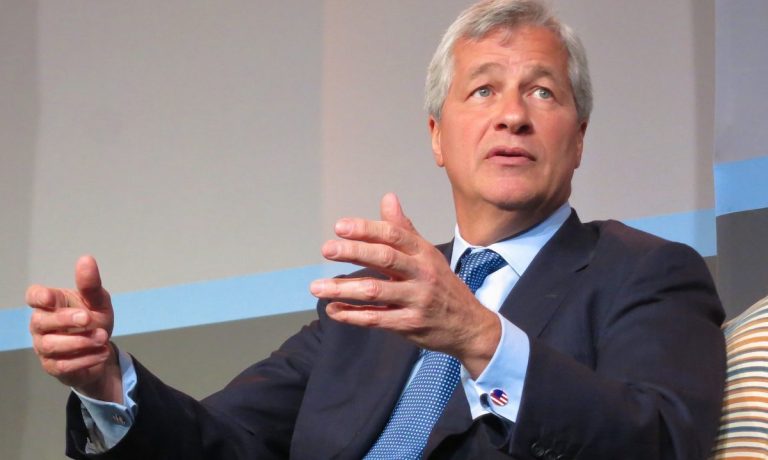JPMorgan CEO Says Banking Crisis Adds to Recessionary Pressures

The recent banking crisis has increased the chances of a recession, JPMorgan Chase CEO Jamie Dimon told CNN.
The crisis is “just like another weight on the scale” adding to the pressures presented by quantitative tightening (QT), higher inflation and the war in Ukraine, Dimon told CNN in an interview posted Thursday (April 6).
“We are seeing people reduce lending a little bit, cut back a little bit, pull back a little bit,” Dimon said. “It won’t necessarily force a recession, but it is recessionary.”
Dimon also said during the interview that the latest banking crisis is different from the one in 2008 because it involves only a handful of banks and a particular problem, and the Federal Reserve made bold moves to ease their issues.
At the same time, the crisis will have repercussions in the form of new regulations. Dimon said that while things need to change, regulators should “take a deep breath” before adding to the hundreds of rules that already exist.
“If there are problems with held-to-maturity portfolios or uninsured deposits, let’s fix them, let’s fix them thoughtfully,” Dimon said.
Dimon said he doesn’t know if there will be more bank failures, but added that if there are, they will be resolved and that will probably be the last of them.
The latest crisis is nothing like that of 2008, which involved hundreds of institutions, far too much leverage and huge problems in mortgage markets, he added.
“This is nothing like that, and the American public shouldn’t think that,” Dimon said. “This will resolve and then we should go look at what went wrong and fix it in the light of day.”
The interview was posted two days after Dimon wrote in his 2022 annual report to shareholders that any new regulations should be designed to “keep America’s banking system the best in the world.”
“It should be noted that regulations, the supervisory regime and the resolution regime currently in place did not stop [Silicon Valley Bank (SVB)] and Signature Bank from failing — and from causing systemwide issues,” Dimon wrote in the Tuesday (April 4) letter. “We should not aim for a regulatory regime that eliminates all failure but one that reduces the chance of failure and the odds of contagion.”